When you find the right person for yourself, no matter what struggles both of you go through, you try to overcome them because the love you share is genuine. But when it comes to a love addict, their love is not. The only reason they refuse to let go of someone is that they are petrified of being alone and without love.
“The lover says, I cannot love anyone else, I cannot give up loving, I cannot give up this love, for it would be the death of me and I would die of love.” – Soren Kierkegaard in Works of Love
Many people have a fear of abandonment, but love addicts are terrified of it. They also fear rejection and the feeling that they will be deprived of romantic love. Love surrounds them, but they have their heart set on romantic love to make them happy and feel fulfilled. What they don’t realize is that they think romantic love will make up for the love they did not get at as a child.
Unfortunately, it will not. It is a “short term solution to a long term problem.” [AA Slogan]
When a love addict is rejected or abandoned they panic. They experience age regression. In their mind, they go back in time and feel all of their previous losses all at once. If they can’t handle the pain of withdrawal, they try to take control by texting, emailing, pleading, and even stalking.
Related: What Is Love Addiction: 5 Symptoms Of Love Addiction And How To Stop It
If they have been abandoned before, love addicts develop behaviors to avoid abandonment.
- They develop a very high tolerance for chronic dishonesty, neglect, and abuse because they can’t stand the pain of breaking up (separation anxiety or withdrawal).
- They use controlling techniques. Both overt and passive-aggressive.
Here Are 8 Things Love Addicts Do To Control Their Partner So That They Never Leave Them
1. Image management.
This what love addicts do to control someone’s impressions of them by hiding who they really are.
2. Nagging.
This an attempt to wear someone down so they will give in to you, even if they don’t want to.
3. Projecting Guilt.
Often, when love addicts find themselves in a situation where their needs are not being met, they attempt to manipulate the situation by trying to make their partner feel guilty. They keep a long list of their partner’s transgressions and don’t hesitate to remind them of every mistake they have ever made. Or they play the martyr when their partner is out of line, hoping this will stimulate remorse and change.
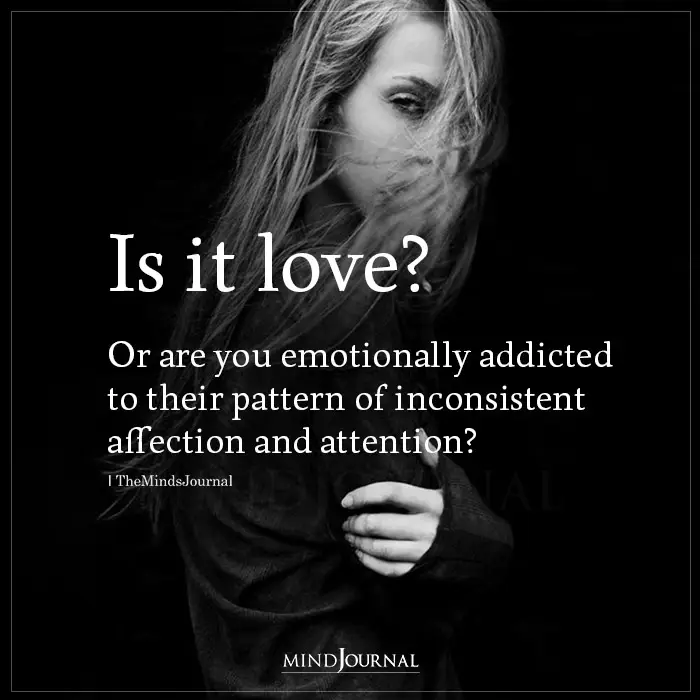
4. Stimulating Jealousy.
Because love addicts are so insecure, they need constant reassurance that a relationship is going strong. Stimulating their partner’s jealousy is an attempt to capture this reassurance and ultimately to control.
Related: The Essential Five-Step Guide To Detoxify From A Love Addiction
5. Flattery.
This is another way to soften up their partner, which is just another form of passive-aggressive controlling.
6. The Silent Treatment.
Not speaking to someone just to punish them or make them feel insecure.
7. Sex.
This has historically been a powerful way to keep your partner hooked or under control. There are names for this sort of control—seduction, bedroom politics, or pillow talk.
8. Negative Caretaking.
Negative caretaking means doing for others what they should be doing for themselves; giving more than you are receiving, and taking on more than their share of the responsibility for the survival of a relationship. This can mean taking care of people’s material needs, organizing their life, covering up for them, doing their work, finding them a job, making their decisions, bailing them out of trouble, ad infinitum.
If you are in a dysfunctional relationship and can’t get out because you are terrified of being alone, empty, or abandoned, you may be struggling with love addiction. This is the time to face your fears by creating a support network of people who really care about you. Consider treatment with a therapist. Make plans. Put yourself first. Make a decision and don’t look back. Look forward to learning about healthy relationship and finding someone who will make you happy.
Related: Love, Lust, Or A Toxic Addiction? How To Know The Difference
At the same time, seek treatment for your abandonment issues. Process your feelings about your childhood in therapy or treatment programs. Learn to love yourself more. Find healthy love to compensate for the past. Healthy love is one in which you are compatible where love is reciprocal. No insecurity. No misery. Just healthy disagreements and a lot of happiness.
Sherry Gaba, LCSW is also the author of Love Smacked: How to Stop the Cycle of Relationship Addiction and Codependency to find Everlasting Love and Wake Up Recovery for Codependents.
Written By Sherry Gaba Originally Appeared In Sherry Gaba
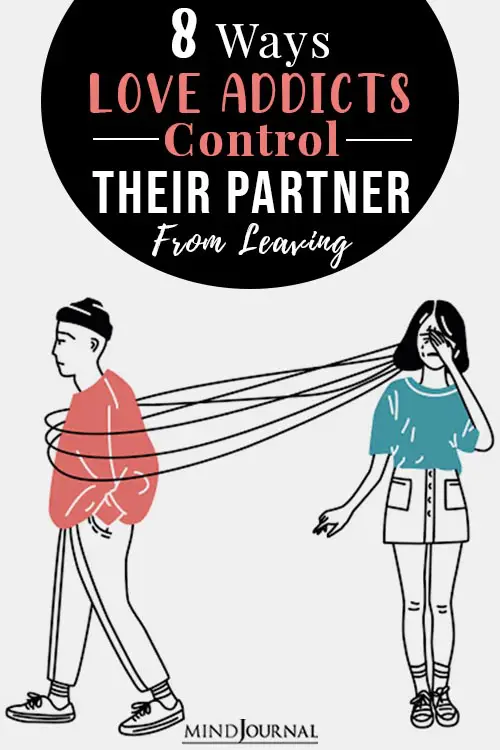
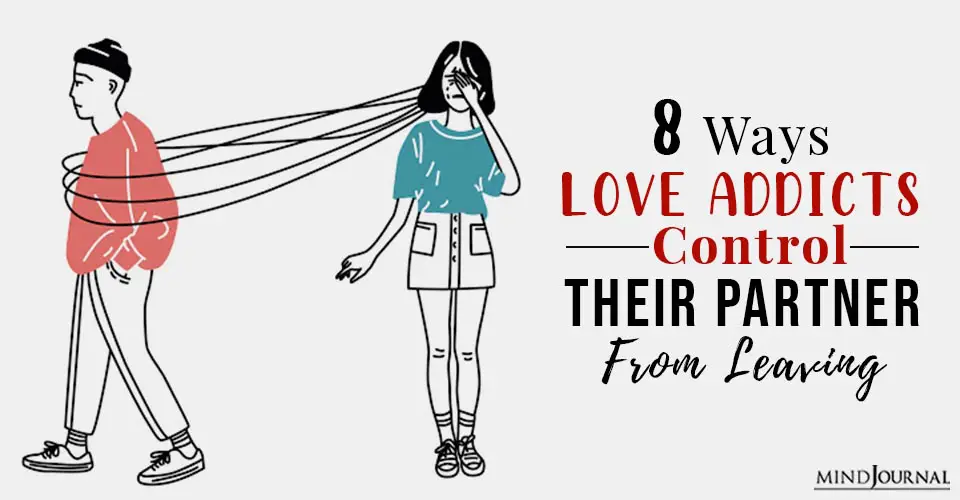
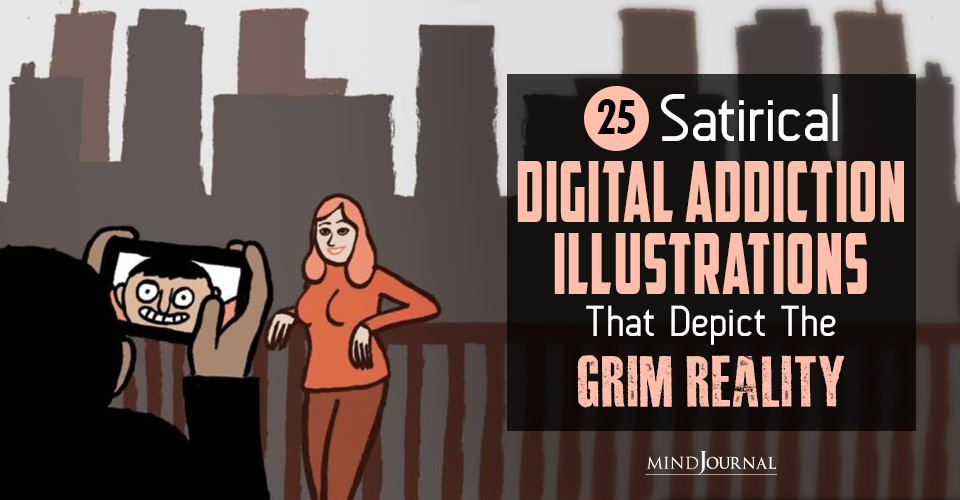
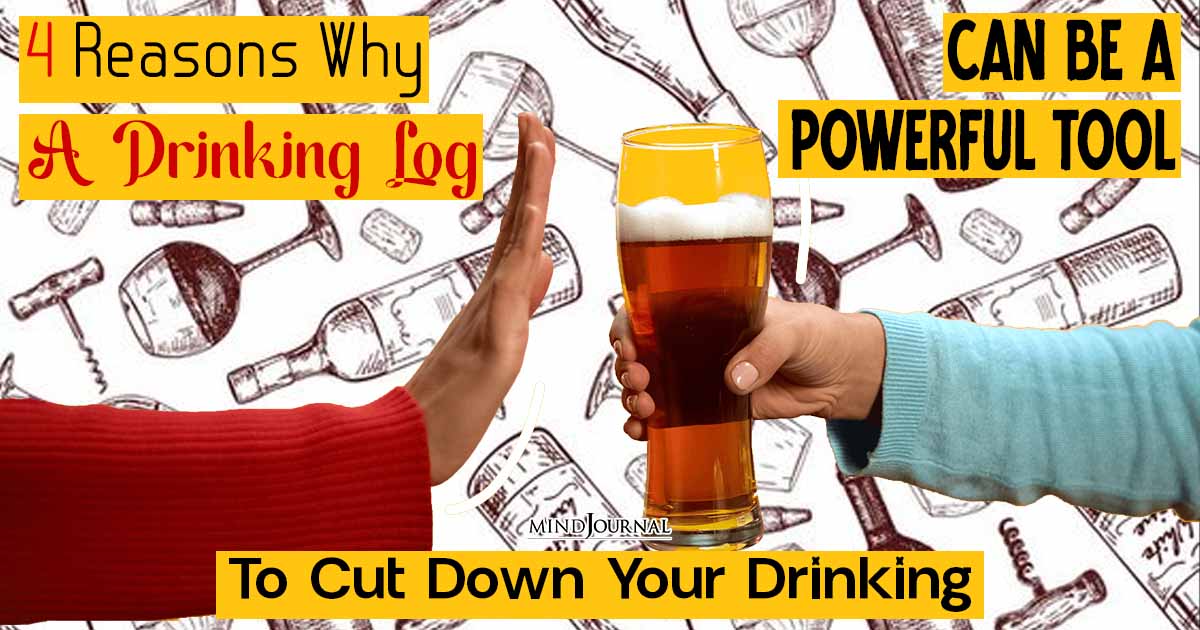
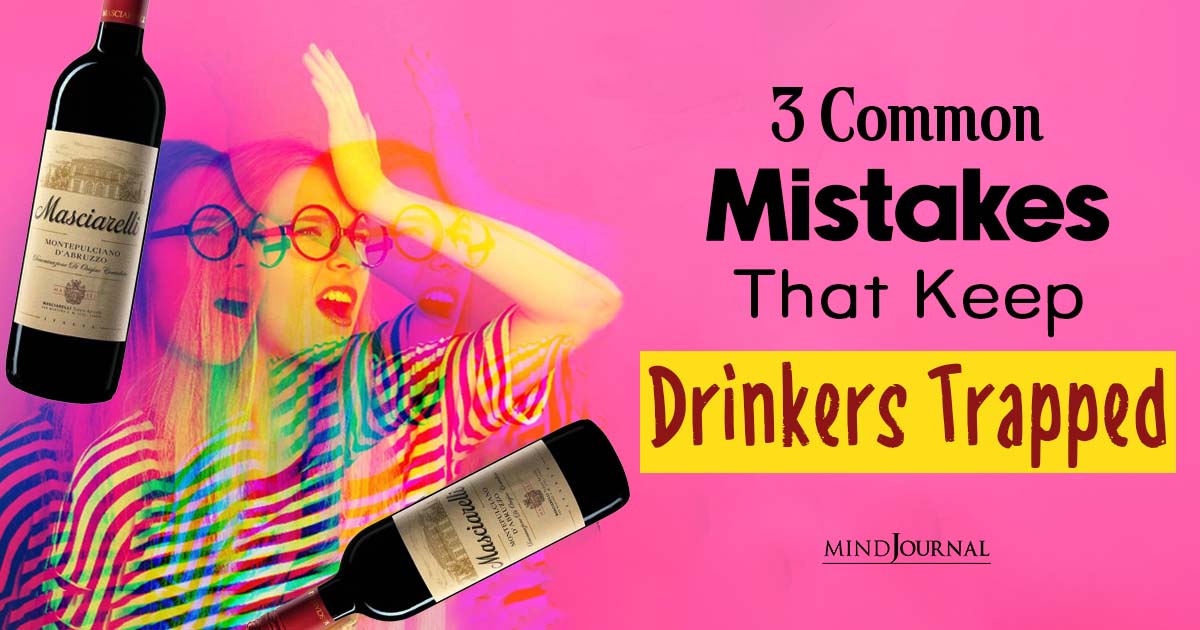
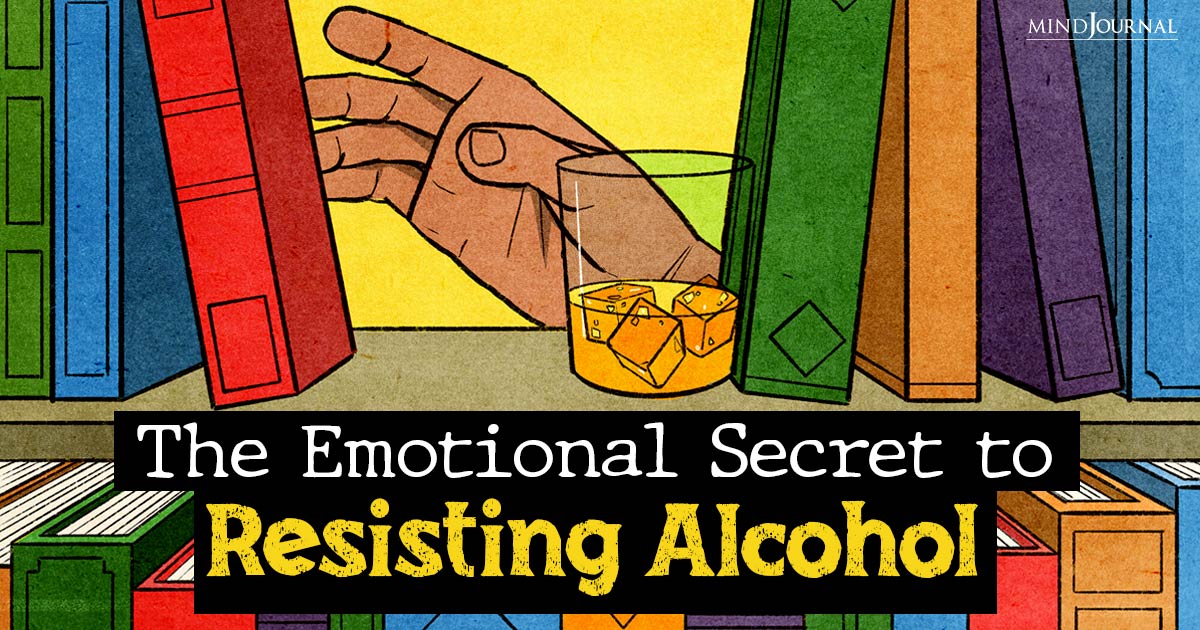
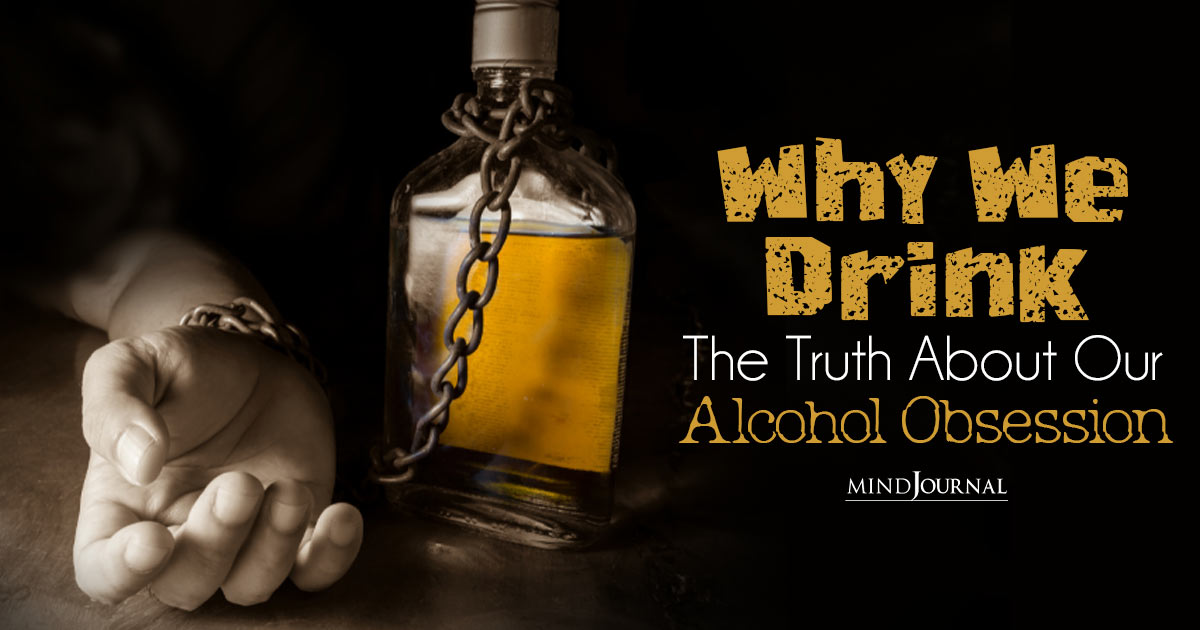
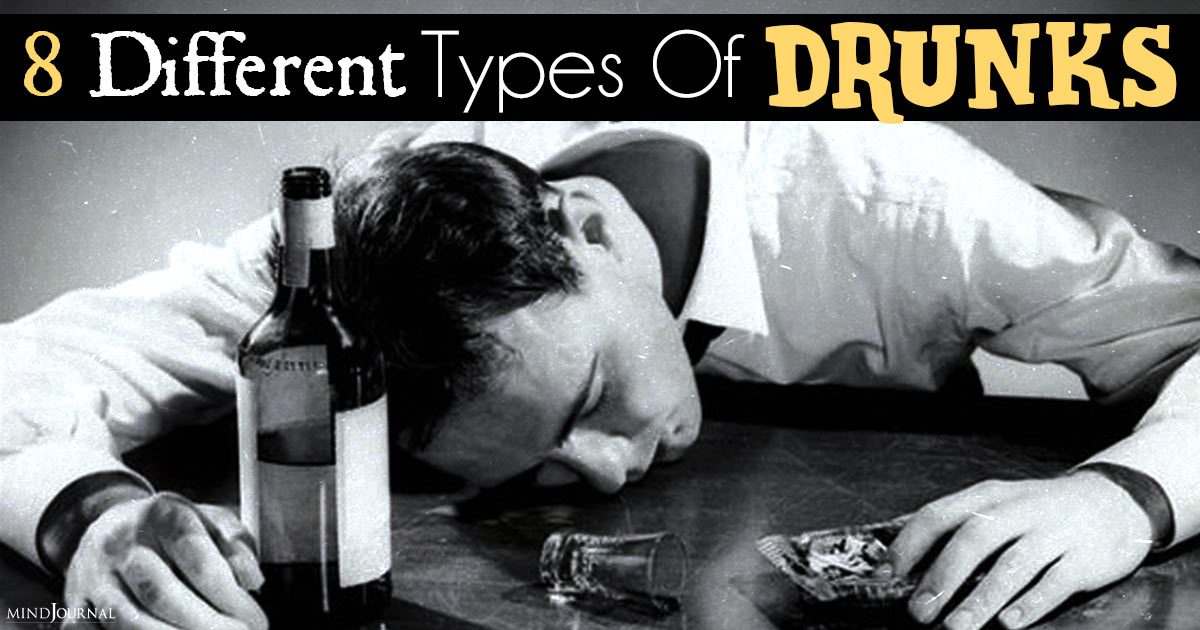
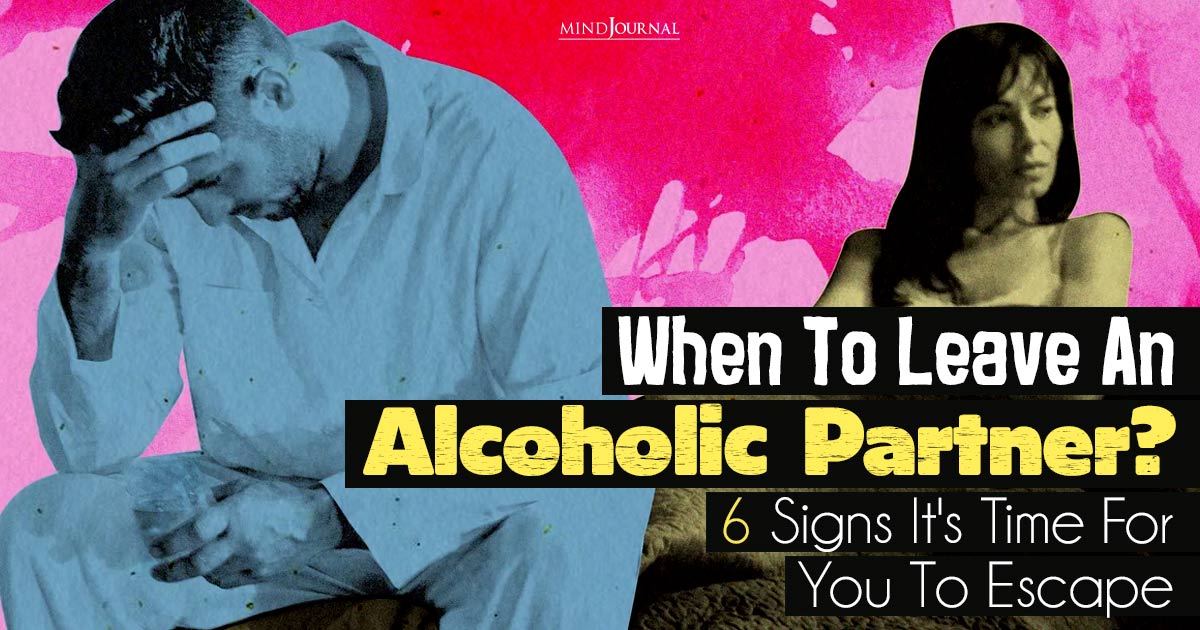
Leave a Reply
You must be logged in to post a comment.